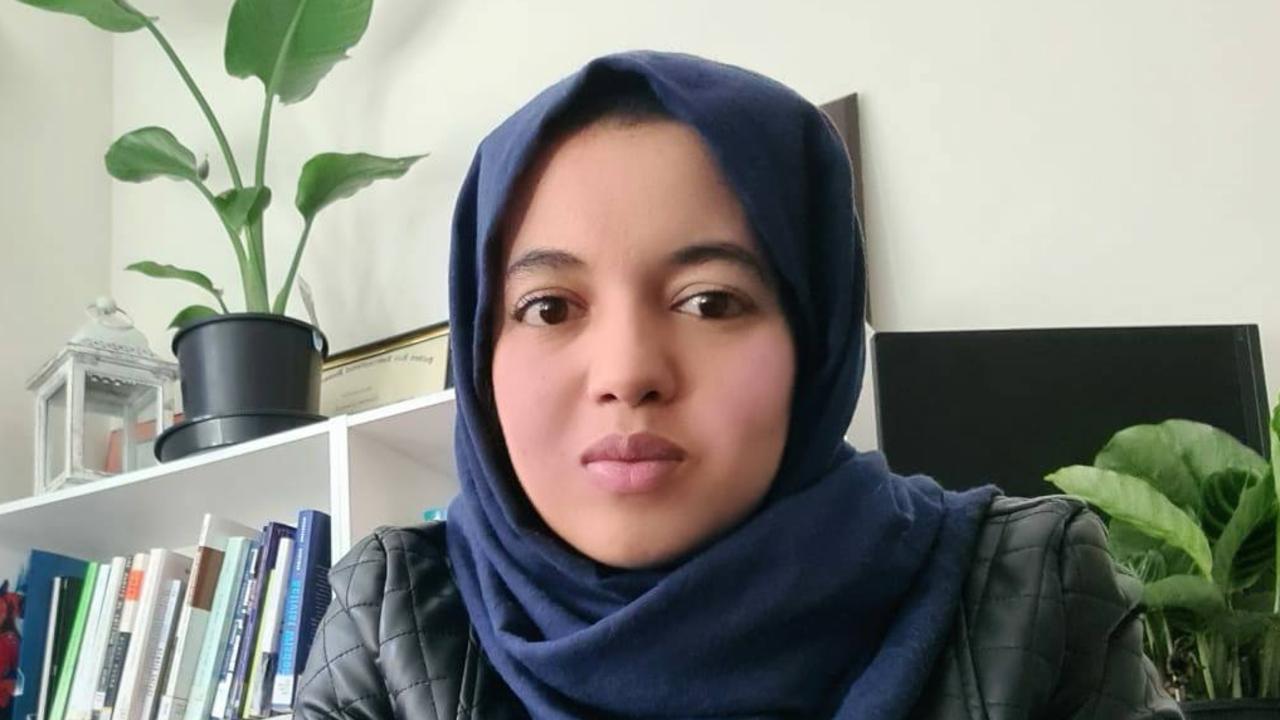‘Cultural police’ a blight on academia, says NSW minister
Growing on-campus intolerance for diverse views was potentially damaging Australia’s academic credentials, Rob Stokes said.
NSW Education Minister Rob Stokes has taken aim at a “zealous form of cultural policing” within universities, arguing that growing intolerance for diverse views was potentially damaging Australia’s academic credentials.
In a pointed speech to the Committee for Sydney this week, Mr Stokes railed against rising populism and anti-intellectualism, frequently driven by left-leaning student groups, claiming they were a threat to intellectual debate, academic inquiry and the nation’s internationally regarded education system.
He said the concept of “safe spaces” and “trigger warnings”, originally designed to protect victims of violence or trauma sufferers, had been appropriated by individuals determined to shut out or ban opposing ideas.
“Rather than being used to stop harm coming to people on campus, safe spaces have been used as justification to shout down those who speak positively of Israel, to ban literature that contains confronting content, to prevent artists with whom student activists disagree from performing, to ban themed parties lest they offend, and to restrict those of certain religious faiths from speaking their beliefs,” he said. “This ... damages our ability as a nation to undertake true academic inquiry.”
Mr Stokes made the comments at a private event hosted by the committee on Tuesday, amid growing concern about encroaching political correctness and resulting restrictions on free speech across the tertiary education sector.
Last year, the University of Sydney Union courted controversy over its plan to deregister the Sydney University Evangelical Union for requiring members be Christians. Earlier this year the same union was accused of stifling debate and silencing alternative points of view with its decision to pull funding for the screening of controversial men’s rights film The Red Pill.
The speech also coincided with the arrival in Australia this week of controversial right-wing commentator Milo Yiannopoulos, who said several television shows pulled out of planned interviews because their hosts were scared to debate him.
Mr Stokes, the Liberal member for Pittwater, said accusations of anti-intellectualism were often levelled at his own side of politics, singling out the current climate change debate, but he said a brand of anti-intellectualism “more traditionally associated with the left” was behind a “concerted push” to restrict debate in universities. True academic inquiry demanded a tolerance for ideas that an individual might find disagreeable, Mr Stokes said, “including the hurtful, unsubstantiated and flat-out wrong”.
“Trigger warnings and safe spaces do not solve the problem of harmful speech,” he said. “On the contrary, when certain thoughts are prohibited, the thought in question goes unaddressed and is consequently allowed to fester.”
The Institute of Public Affairs, which last year released research suggesting that 80 per cent of Australia’s universities had acted censoriously or had policies limiting free speech, welcomed Mr Stokes’s comments as an important contribution to the debate.


